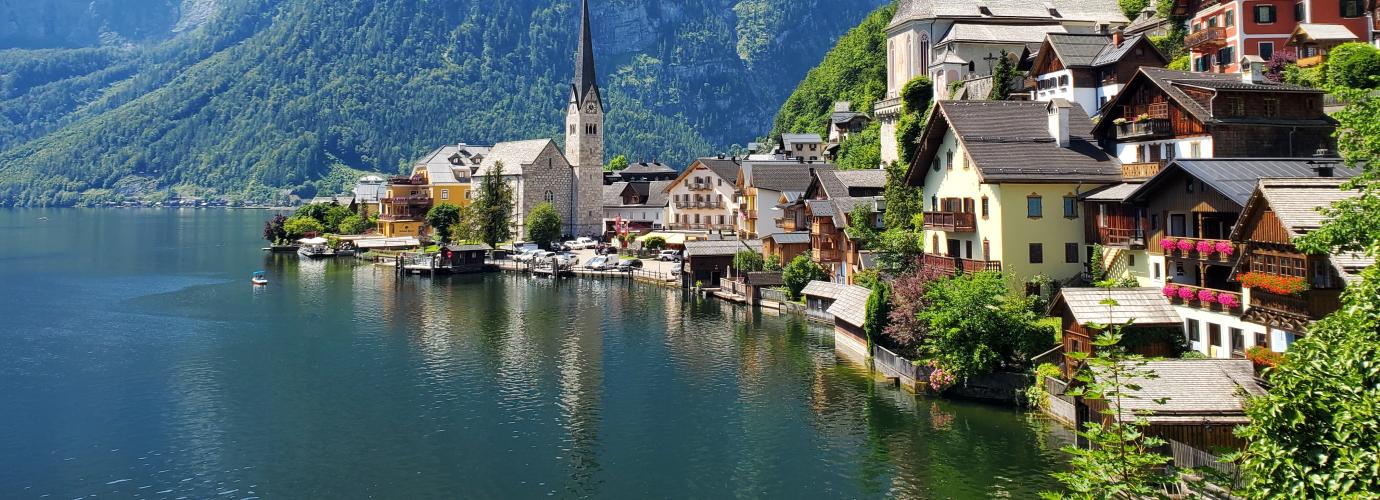European, Global and Intercultural Dimension in Curriculum Development
The field of adult education and training in Austria is very heterogeneous and characterised by a large number of offers and providers.
Some of these offers are part of the formal school system, e.g., industrial master college and building craftsperson school (further training for people with an intermediate VET qualification), schools for employed people (to acquire a higher VET qualification). The curricula laid down for these programmes are the responsibility of the Federal Ministry of Education, Science and Research (BMBWF). These curricula are based on the same teaching and educational principles that also apply to the other school types (cf. 13.1). The European, global and intercultural dimension is therefore also taken into account in these further education programmes.
However, a large number of continuing education and training offers can be found outside of the formal school system. These programmes are the responsibility of private providers. It is up to them whether and to what extent the European, global and intercultural dimension is taken into account in their curricula.
However, there is one specific further education institution that is fully committed to the European dimension, namely the Austrian Federation of European Houses (ÖFEH). Its task is citizenship education related to Europe. The concrete goals of ÖFEH include:
- Imparting knowledge about the EU and its member states with regard to their historical, cultural, political and economic importance
- Raising awareness of the opportunities and challenges of the EU by opening up an economic and social space and by creating an area of freedom, security and justice
- Preparing people to participate in economic, social and political development and in achieving concrete progress towards the realisation of the EU
- Strengthening of the awareness of a European identity, clarification of the basics such as democracy, human rights, social justice, basics of European culture, etc.
Through lectures, events and other meeting forms (e.g., Europe Day, Europe Cinema), ÖFEH aims to make European politics comprehensible to citizens, to enable them to make independent political decisions and to give them the opportunity to help shape the EU. There are altogether seven Europe Houses in Austria, which cooperate with municipalities and civil society organisations in the federal provinces.
Another institution, the Austrian Society for Civic Education (ÖGPB), promotes citizenship education in adult education – among other things also with reference to Europe. Its specific tasks include:
- Support of citizenship education in adult education in Austria through further training offers for adult educators, through the provision of materials (written publications and learning videos) as well as through project counselling
- Financial support for citizenship education projects in the framework of Austrian adult education.
Partnerships and Networks
The EU education programme Erasmus+ supports partnerships for cooperation between adult education institutions and their partner institutions (Key Action 2) (cf. 13.3). These are transnational cooperation projects between institutions from different countries that focus on a self-selected theme within the framework of the Erasmus+ priorities over a longer period of time. Partnerships can be realised as cooperation partnerships or as smaller partnerships:
- Collaborative partnerships are cooperation between organisations that want to develop, test or transfer new approaches in the field of education, develop measures to promote transparency and recognition of qualifications or exchange existing good practice. In adult education, the focus is on issues such as developing innovative teaching and learning methods, improving the competences of education managers and staff in general adult education, or promoting the participation in European education of people with fewer opportunities.
- Smaller partnerships facilitate access to the Erasmus+ Programme for smaller, less experienced institutions and target groups with fewer opportunities, with a low entry threshold. The projects support active European citizenship and contribute to promoting the European dimension at local level.
.
.

